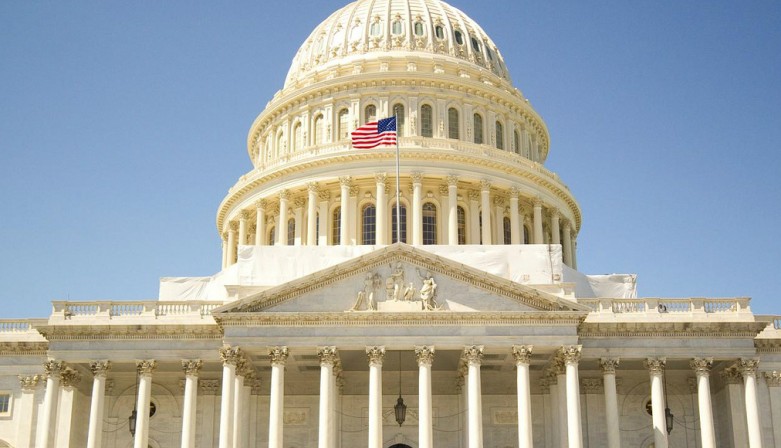
Congress, Do No Harm
2014 was a banner year for Net Neutrality. The American public came out in force to protect the open Internet, submitting millions of comments to the FCC — and even crashing its site. Rallies and protests sprang up across the nation and online, with participants calling on the agency to get out of Washington to listen to real people.
All of this work united innovators, advocates and everyday Internet users in unprecedented numbers. Even the president came out and called for the FCC to use Title II of the Communications Act to protect the open Internet.
After a productive, hard-fought year, the FCC responded. Earlier this month it announced that it will vote on new Net Neutrality rules at its Feb. 26 meeting. And last Wednesday at the Consumer Electronics Show in Las Vegas, Chairman Tom Wheeler promised the crowd, “We’re going to propose rules that say no blocking, no throttling, no paid prioritization.” He also signaled that he would base new rules on Title II.
The people have spoken and Washington listened! Democracy is poised to win the day! Everything is going our way!
Except for this: Congress is now threatening to step in and stifle our momentum.
Americans across the political spectrum — according to one study, that’s 81 percent of Democrats and 85 percent of Republicans — want strong Net Neutrality protections. And we have many champions in Congress who have echoed the public’s call for the FCC to use its existing, flexible authority under Title II to protect Net Neutrality.
Unfortunately, cable and telecom lobbying inside the Beltway is having the intended effect: Some members of Congress are trying to preempt and stall the FCC’s work by introducing new and wholly unnecessary legislation.
Some Republicans are advocating for an as-yet-unseen “Title X,” claiming that we need a new law because Title II is supposedly a heavy-handed regulation meant to govern only utilities or monopolies. They ignore the fact that Title II is a technology-neutral and future-proofed law that applies simple nondiscrimination protections to all sorts of competitive markets.
Some Democrats — many of whom support Title II reclassification — are also playing into the Title X talk and throwing their own hats into the bill-dropping ring.
The thing is, there’s absolutely no reason for a partisan fight to erupt over Net Neutrality in Congress. The FCC doesn’t need new laws to craft strong but workable safeguards, and for that members have their predecessors to thank. The Communications Act is still completely sufficient: A bipartisan and forward-thinking Congress updated it in 1996 to guarantee Americans’ rights to nondiscriminatory means of communications in the digital age.
Our fight for Title II common-carrier protections isn’t just about protecting Net Neutrality, or about stopping Internet service providers from blocking or prioritizing Internet traffic. It’s about ensuring the bedrock consumer protections that guarantee our rights to nondiscriminatory communications systems, regardless of the technology we choose to employ.
And these principles have excelled and remained in place for broadband, despite some wrong turns and questionable calls from the FCC more than a decade ago. Since its inception, the Internet has thrived under de facto common-carrier rules. These basic but critical protections have allowed business and free speech to flourish, creating the greatest medium for communication and innovation we've ever seen.
Congressional attempts to undermine these long-established principles with bad legislation — or to strip away the FCC’s ability to enforce them — wouldn’t just gut Net Neutrality. They would endanger our basic rights to communicate and express ourselves freely — values that are a cornerstone to our democracy and a free society.
Original photo by Flickr user Brandi Korte